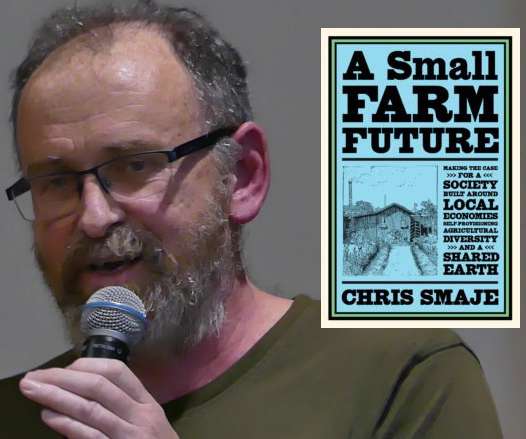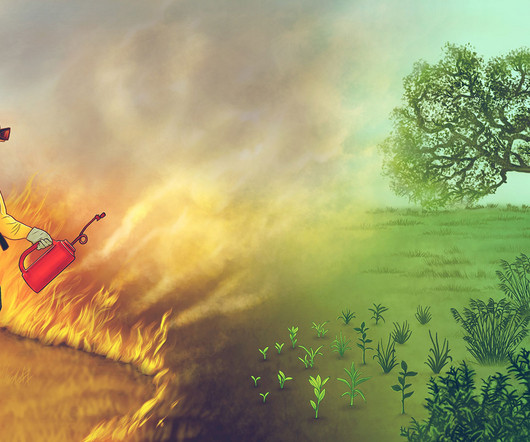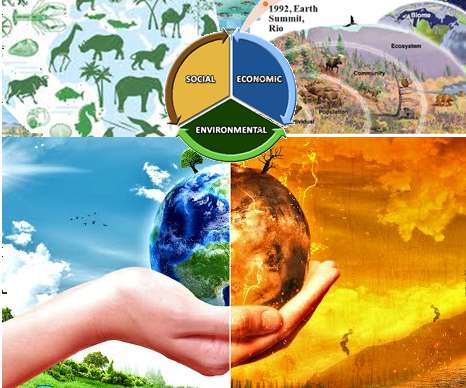Review of ‘A Small Farm Future’ by Chris Smaje
Low Impact
NOVEMBER 1, 2020
Modern, large-scale agriculture destroys soil and wildlife, and uses vast amounts of fossil fuel energy. Industrial monocultures are destroying ecosystems, poisoning watercourses and removing soil, and don’t produce as much per hectare as small farms anyway. It’s not something that can continue if we want to survive, let alone thrive.














Let's personalize your content